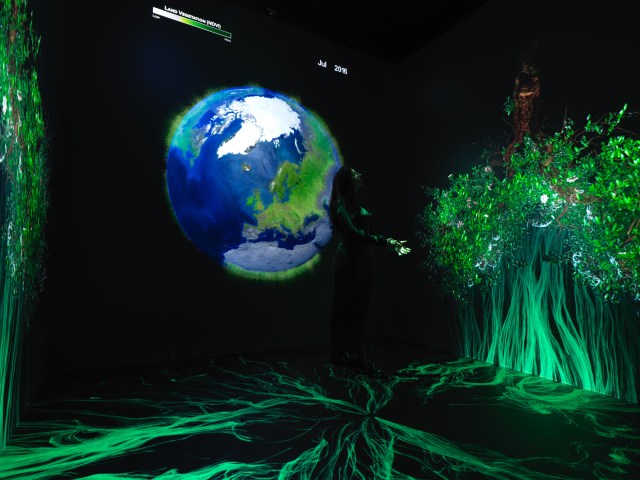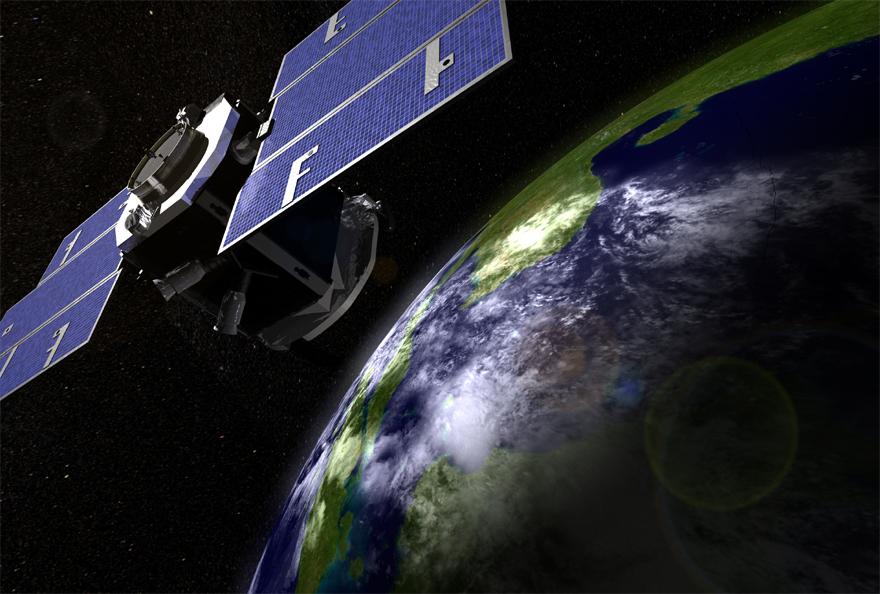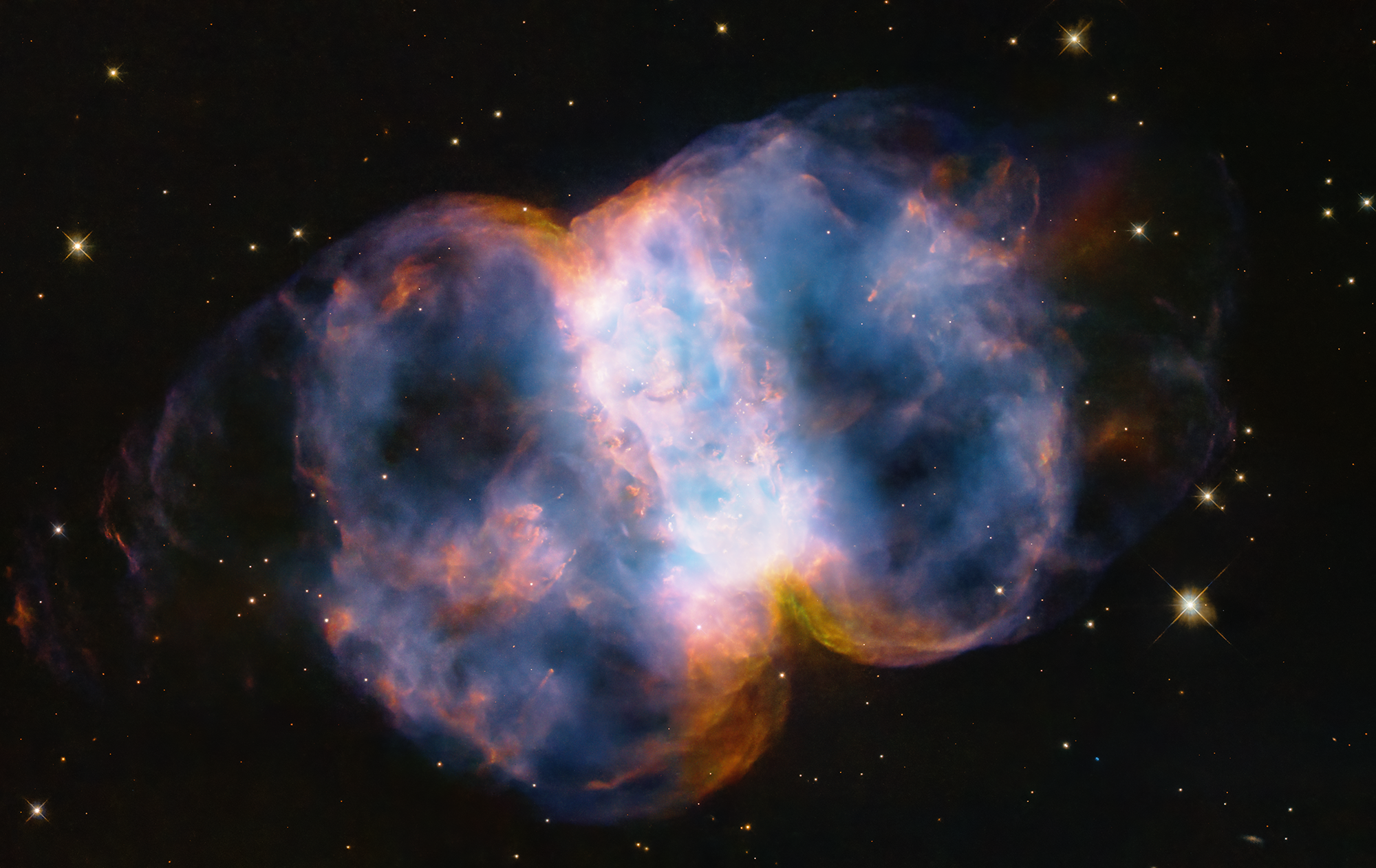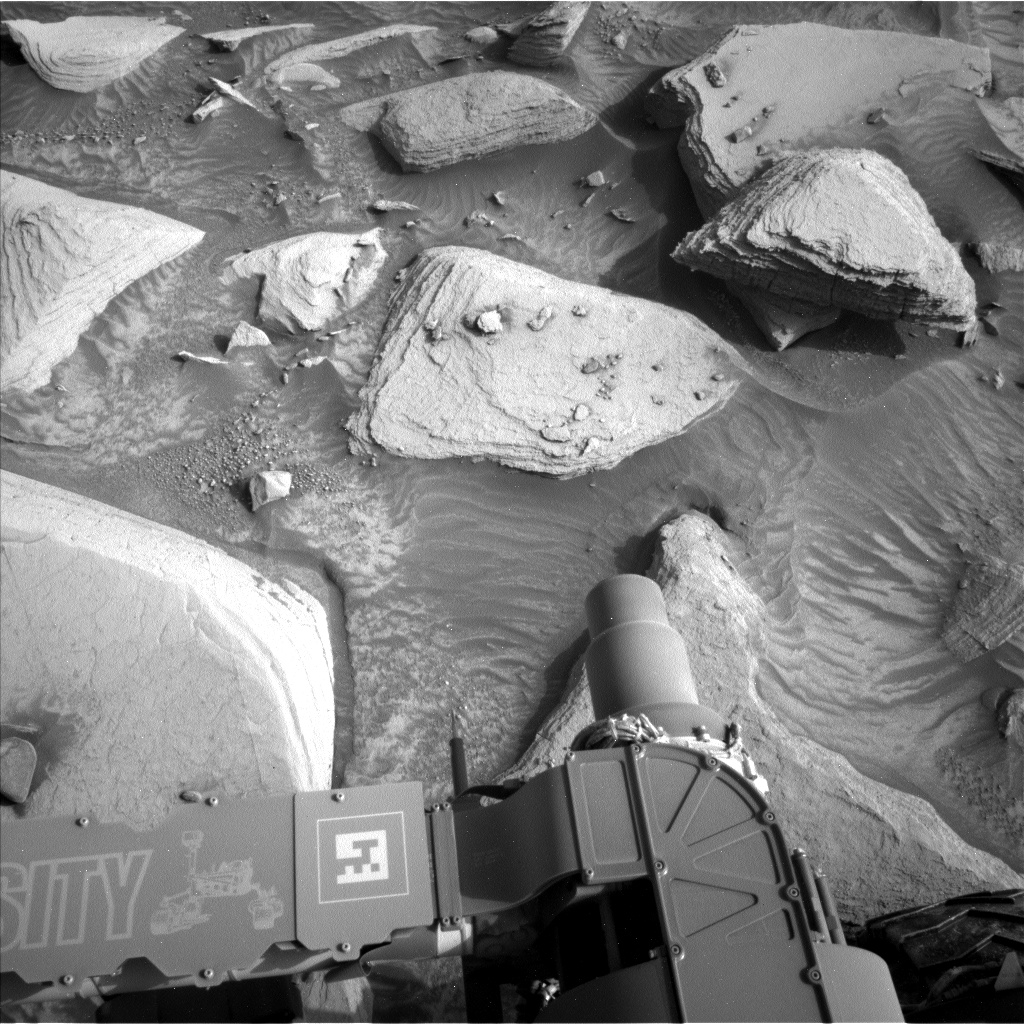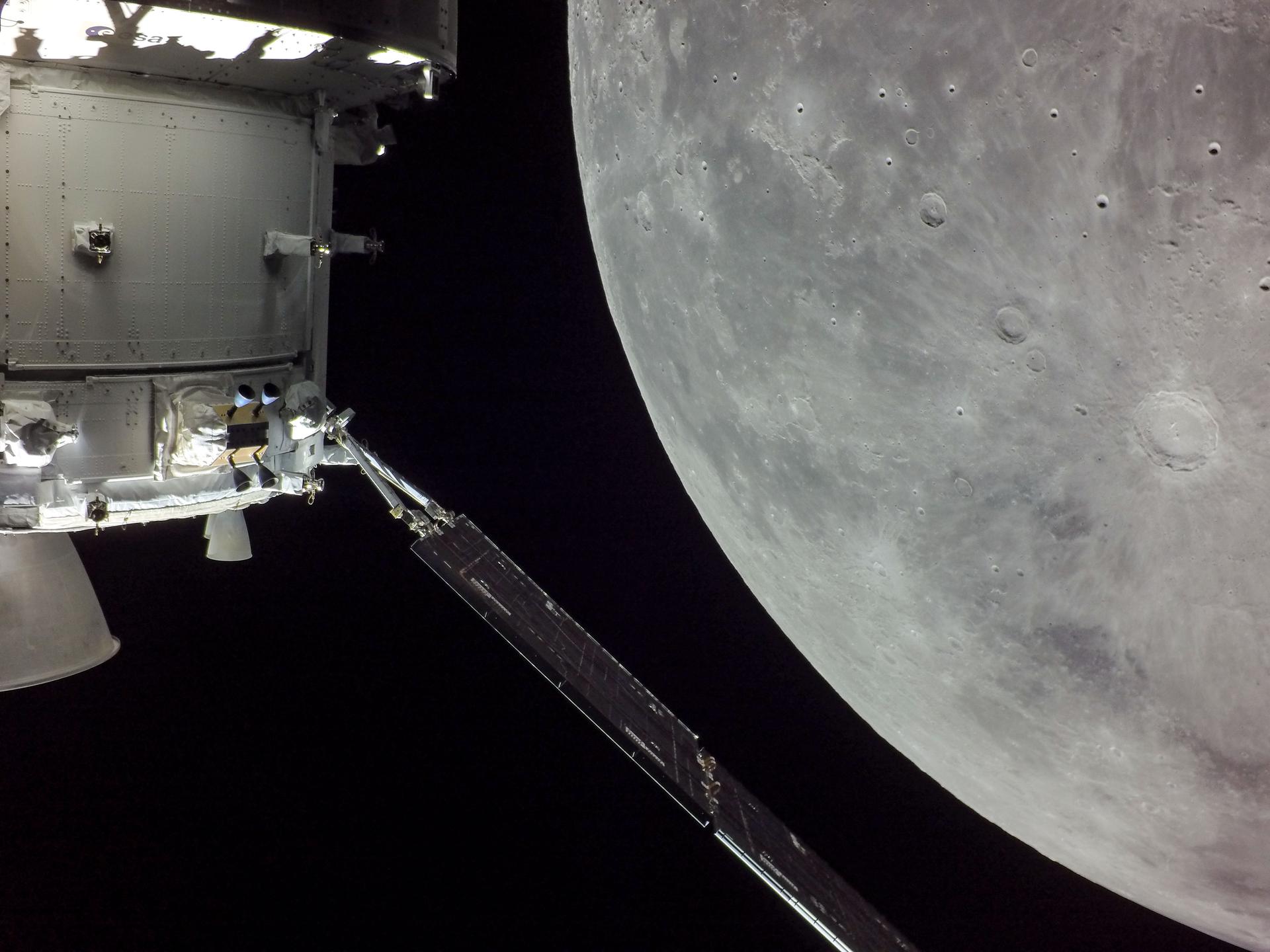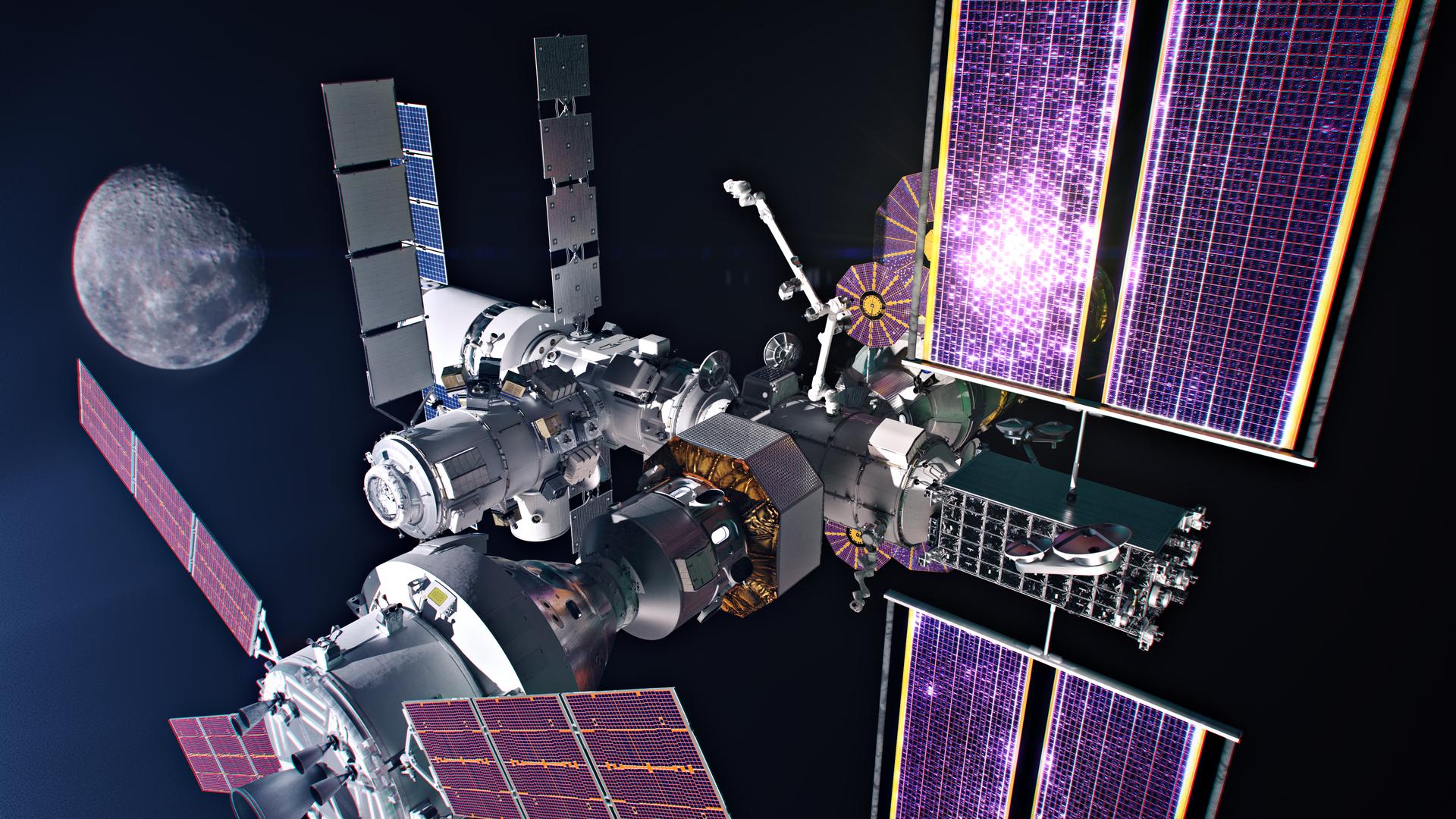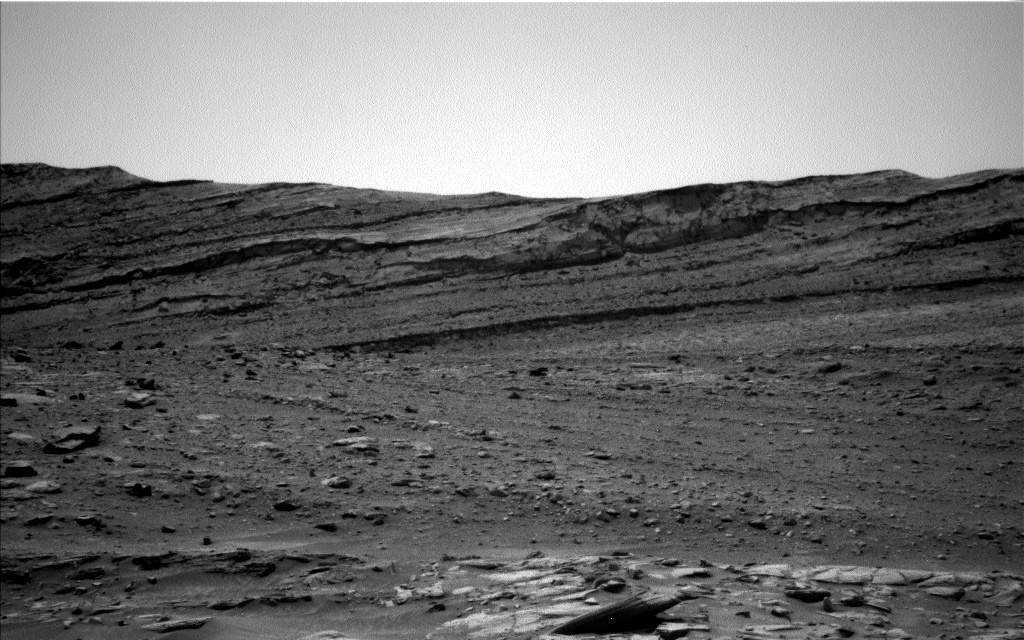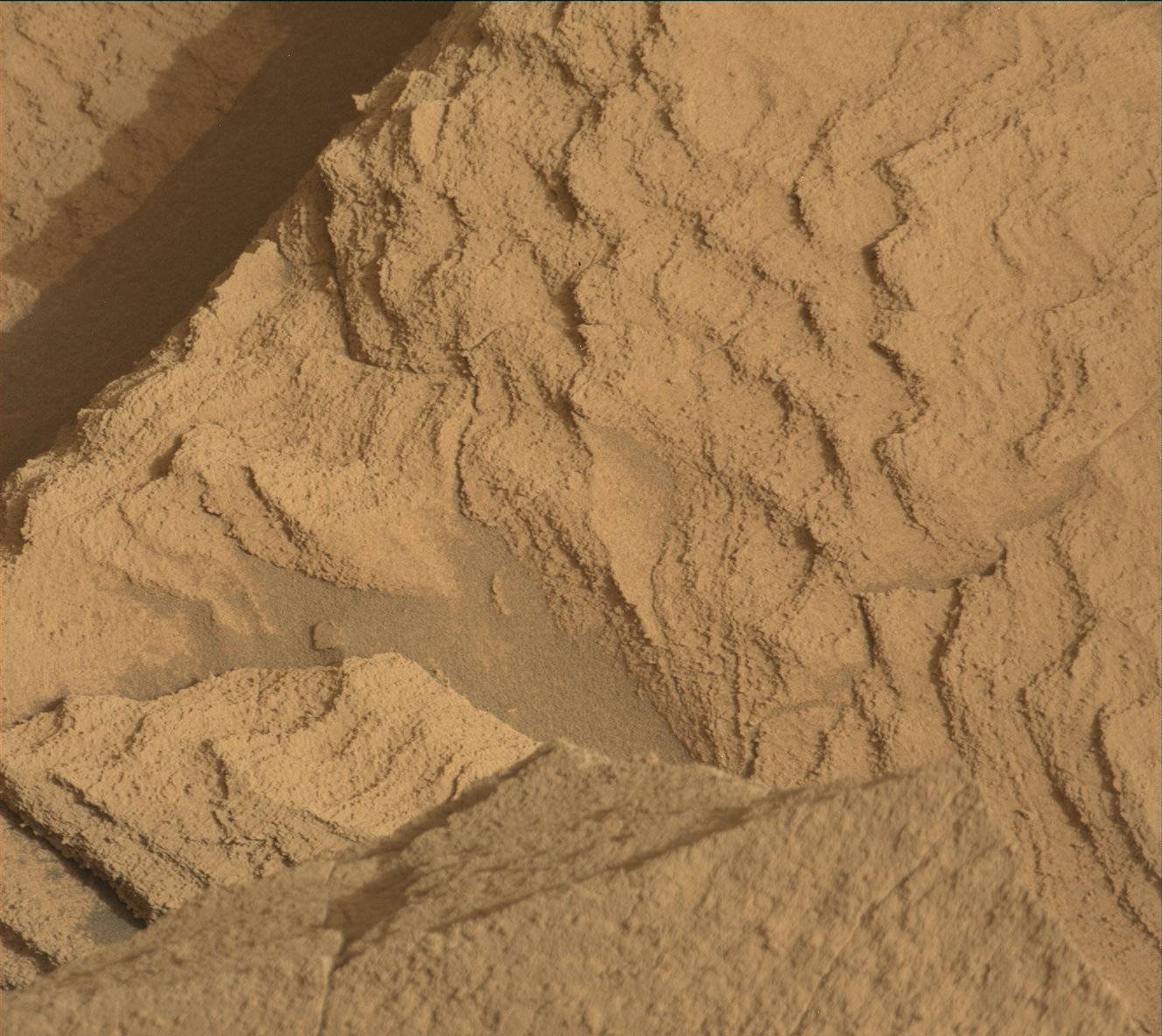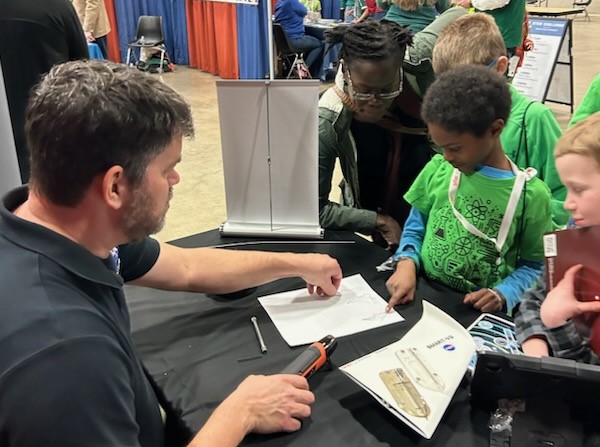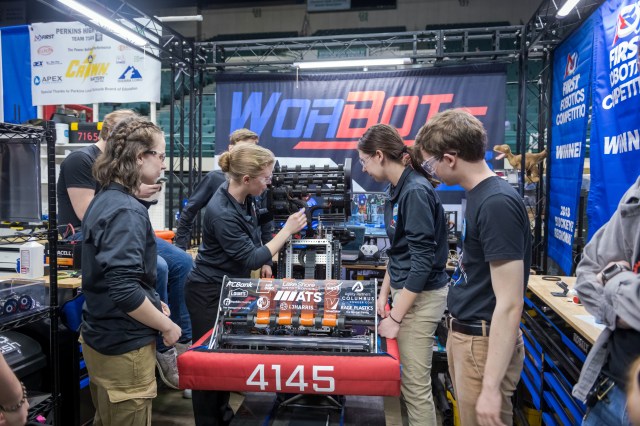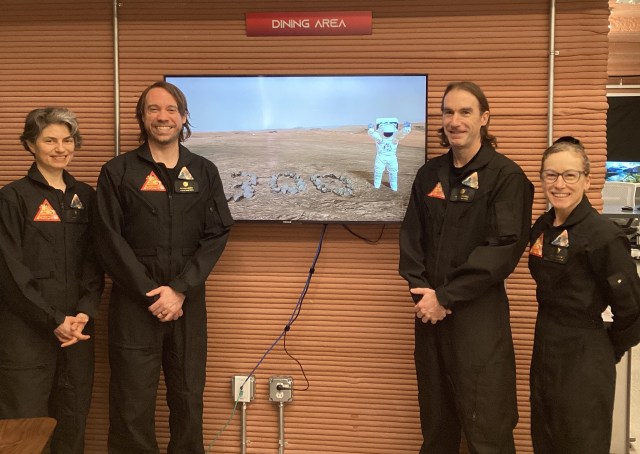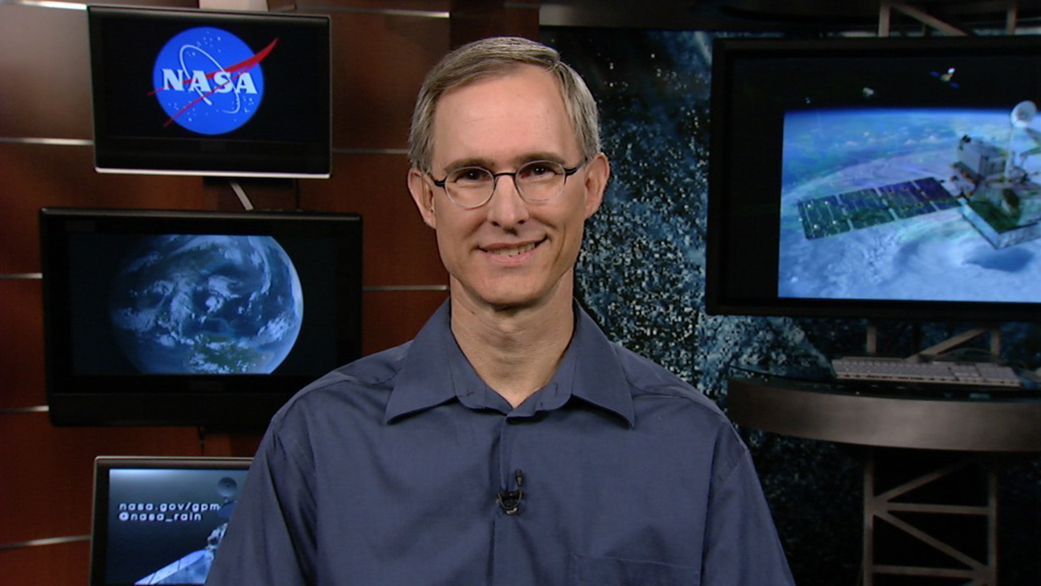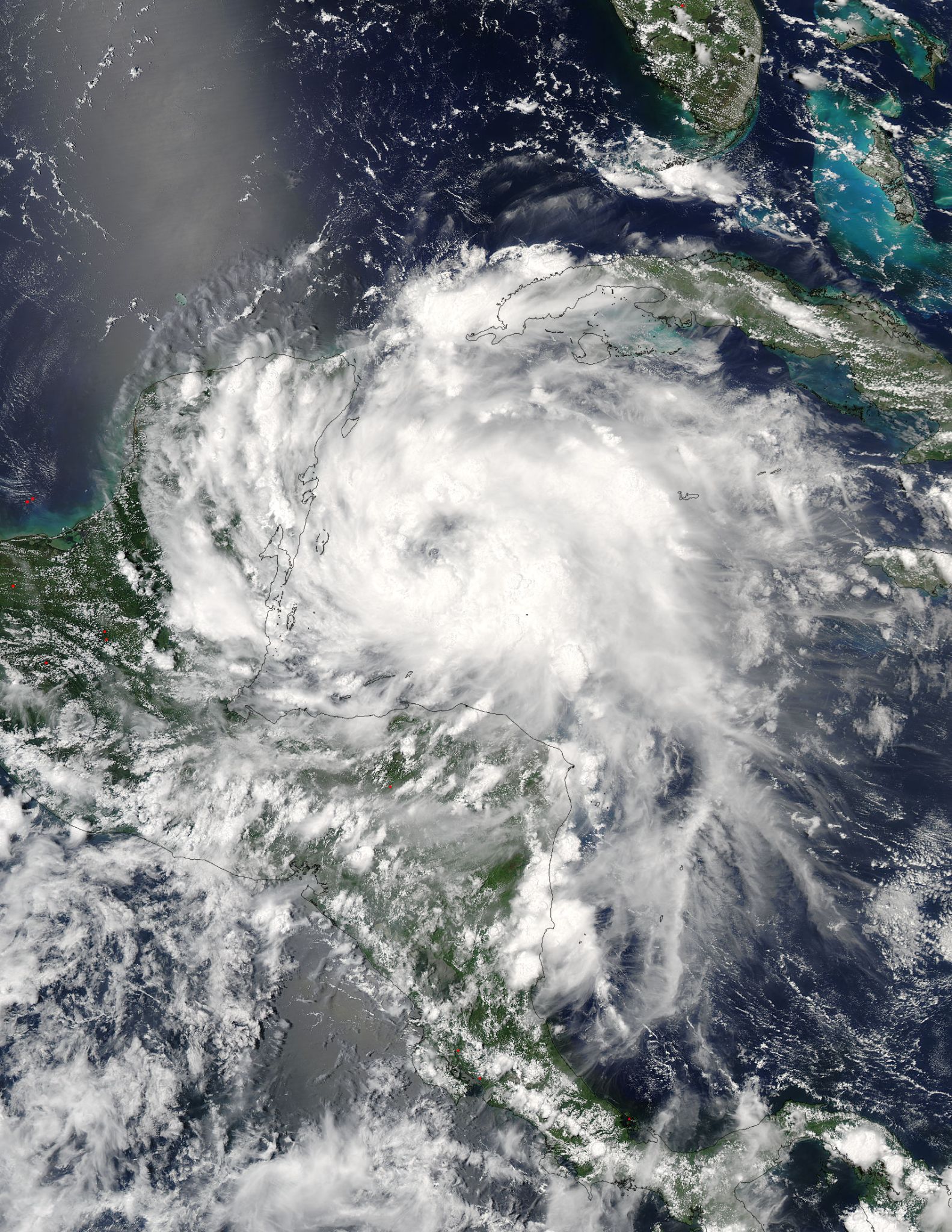The public is invited to a free lecture called ‘Hurricane Hunting NASA Style: Using Space-Based and Airborne Measurements to Better Understand and Predict Hurricanes,’ with Dr. Scott Braun, NASA research meteorologist. The talk will occur in the Pickford Theater, third floor, Madison Building, 101 Independence Avenue SE, Library of Congress, Washington, D.C., on Thursday, June 13 from 11:30 a.m. to 12:30 p.m. EDT.
Dr. Scott A. Braun specializes in the area of hurricanes at NASA’s Goddard Space Flight Center in Greenbelt, Md. Scott is an expert at using satellite and aircraft data, along with computer modeling, to investigate how hurricanes form and intensify, including their interaction with the Saharan Air Layer. Scott is the Project Scientist for the Global Precipitation Measurement (GPM) mission and the Time-Resolved Observations of Precipitation structure and storm Intensity with a Constellation of Smallsats (TROPICS) mission. He is also a science co-lead for a NASA Decadal Survey study examining the next generation of aerosol, cloud, and precipitation observations from space and aircraft.
Dr. Braun will discuss our current understanding and the suite of tools that NASA provides to improve understanding of these impactful storms. Millions of people worldwide are exposed to the potential hazards of hurricanes and similar storms. Advances in observation systems and modeling have led to advances in storm track prediction and storm intensity forecasting. However, underscored by recent storms, major challenges remain relating to rapid changes in storm intensity, storm structure, precipitation and storm surge.
He is a speaker in the 2019 NASA Goddard Lectures Series at the Library of Congress. Earlier talks in the NASA series included the topics of space weather, improved global water security and sustainability, how Mars has changed over time, NASA’s Hubble Space Telescope and the upcoming James Webb Space Telescope.
The Library of Congress maintains one of the largest and most diverse collections of scientific and technical information in the world. The Library of Congress is the nation’s oldest federal cultural institution and the largest library in the world and holds nearly 151.8 million items in various languages, disciplines and formats. The Library serves both Congress and the nation online and on-site in its reading rooms on Capitol Hill.
For inquiries about this or upcoming talks at the Library of Congress, the public can contact the library’s Science, Technology and Business Division at 202-707-5664. ADA accommodations should be requested five business days in advance at 202-707-6382 (voice/tty) or ada@loc.gov.
The lecture will be later broadcast on the library’s webcast page and YouTube channel “Topics in Science” playlist.
For directions, visit: http://www.loc.gov/visit/maps-and-floor-plans/ or www.loc.gov
For information about Dr. Braun, visit: https://science.gsfc.nasa.gov/sed/bio/scott.a.braun
For NASA’s Hurricane website, visit: https://www.nasa.gov/hurricane
Rob Gutro
NASA’s Goddard Space Flight Center, Greenbelt, Md.
301-286-4044
robert.j.gutro@nasa.gov
Stephanie Marcus
Library of Congress, Washington, D.C.
202-707-1192
smar@loc.gov

